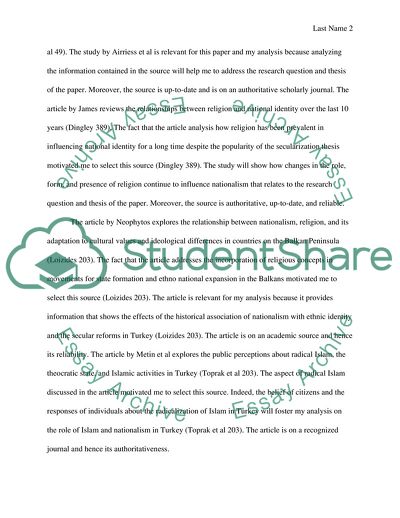Cite this document
(Nationalism Versus Religion Coursework Example | Topics and Well Written Essays - 2500 words, n.d.)
Nationalism Versus Religion Coursework Example | Topics and Well Written Essays - 2500 words. https://studentshare.org/politics/1815161-nationlsim-versus-religion
Nationalism Versus Religion Coursework Example | Topics and Well Written Essays - 2500 words. https://studentshare.org/politics/1815161-nationlsim-versus-religion
(Nationalism Versus Religion Coursework Example | Topics and Well Written Essays - 2500 Words)
Nationalism Versus Religion Coursework Example | Topics and Well Written Essays - 2500 Words. https://studentshare.org/politics/1815161-nationlsim-versus-religion.
Nationalism Versus Religion Coursework Example | Topics and Well Written Essays - 2500 Words. https://studentshare.org/politics/1815161-nationlsim-versus-religion.
“Nationalism Versus Religion Coursework Example | Topics and Well Written Essays - 2500 Words”. https://studentshare.org/politics/1815161-nationlsim-versus-religion.


